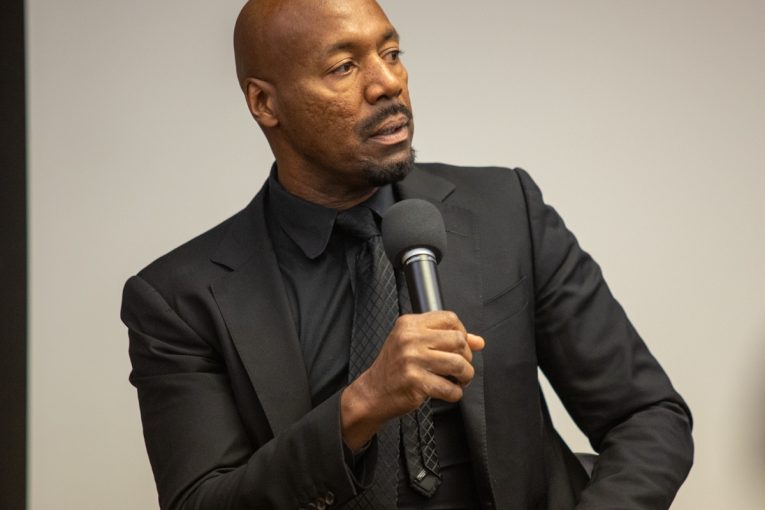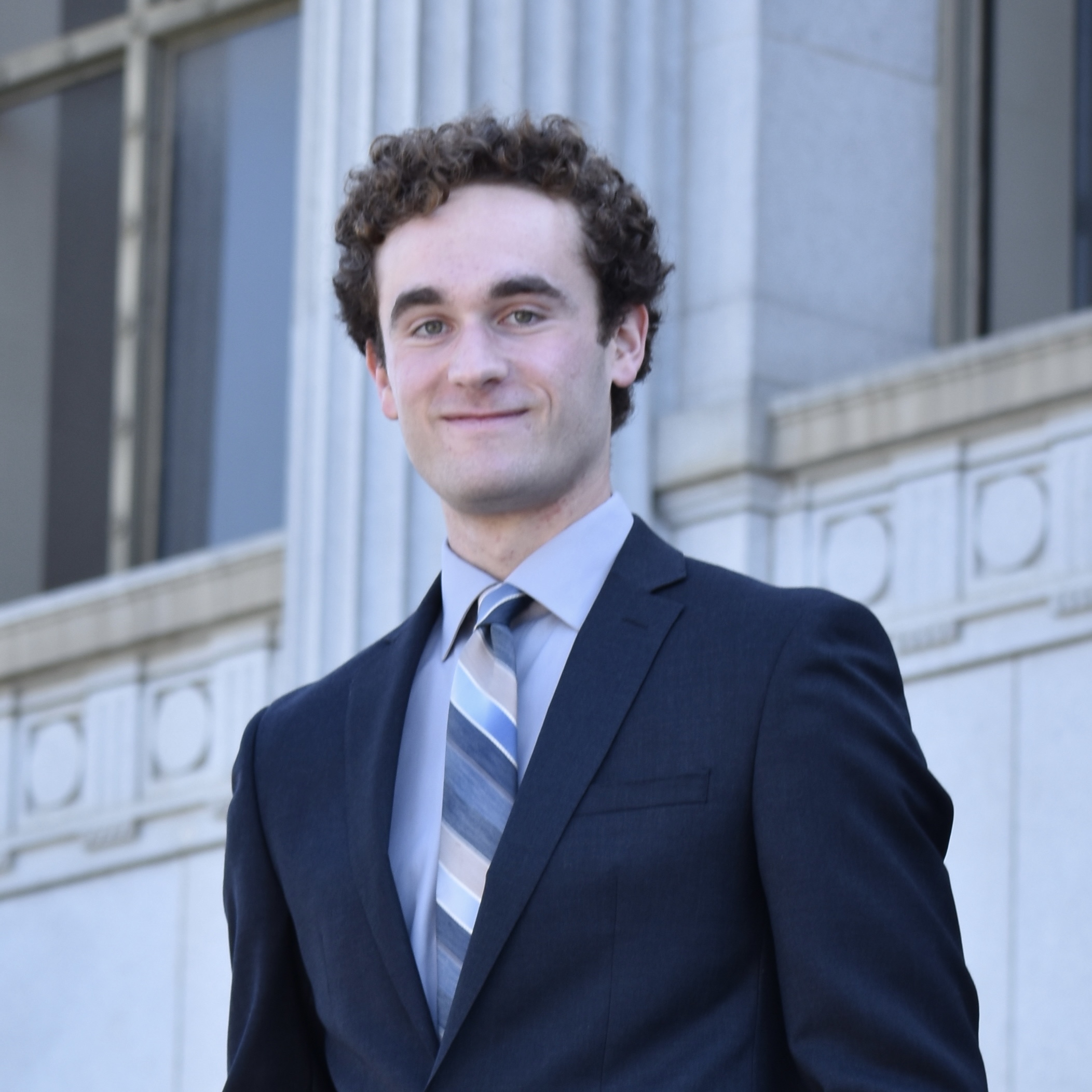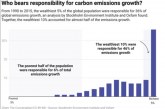

By Jake Wylie and Koda Slingluff
WASHINGTON D.C. – In an August 23 essay, Georgetown law professor and former prosecutor Paul Butler explained how prosecutors are driving mass incarceration– and how they could be helping the problem instead.
The essay came as an installment in the Brennan Center for Justice’s Punitive Excess series, which features experts on American justice and their opinions on the system’s punitive tactics.
Butler began by emphasizing his early motivations to work in a district attorney’s office. As a young Black man growing up in the south side of Chicago, his experiences with crime and policing fueled his desire to create change, he said.
“I became a prosecutor because I don’t like bullies. I stopped being a prosecutor because I don’t like bullies,” he noted.
Butler explained that he became an attorney in Washington D.C.’s prosecutor’s office to change the system from the inside.
“I wanted to help keep people safe from criminals, and I wanted to help keep Black people as safe as possible in a racist criminal justice system,” Butler explained.
But Butler found that it was the system that was, instead, changing him. As a young and determined lawyer looking to move up the ranks, success was measured by the number of people he could put behind bars—and Butler became very successful at his job.
“Virtually all the defendants were Black or Latino,” Butler said. “I came to realize that I did not go to law school to put Black people in prison, especially for the drug crimes that I was prosecuting—crimes that white folks were also committing but didn’t get arrested for.”
Butler added local and federal prosecutors have enormous power with little oversight.
“For example, [prosecutors] decide not only whether to charge someone with a crime, but if so, what crime… the prosecutor often has more power over how much punishment someone convicted of a crime receives than the judge who does the actual sentencing,” Butler maintains.
Butler wrote that there are three main ways that prosecutors are contributing to the racial disparities and mass incarceration in the U.S. today.
First, prosecutors have the full range of what charges to bring against an offender, from no charge to the highest charges available to them, and in many cases, prosecutor offices don’t have consistent standards for charging decisions.
Many offices, in fact, charge on a loose “ad hoc basis” that may let inappropriate factors slip into their decisions, Butler said.
The second way is through plea bargaining, a kind of threat by prosecutors which “radically dilutes the defendant’s constitutional right to a trial.” The Supreme Court authorized plea bargaining in 1978 with the case Bordenkircher v. Hayes, and ever since, plea bargaining has become totally institutionalized.
Lewis Hayes, the defendant in Bordenkircher, faced a two-to-10-year prison sentence for forgery but was offered a five-year sentence if he pleaded guilty. Prosecutors threatened him with an indictment under the Kentucky Habitual Crime Act if Hayes refused—in this case, it meant a life sentence.
Hayes lost his case, but asserted that the more serious charges brought against him violated his 14th Amendment due process rights. The Supreme Court rejected Hayes’ argument, stating that there was no constitutional violation because the plea was made “knowingly and voluntarily.”
Supreme Court Justice Anthony Kennedy noted in the decision that plea bargaining “is not some adjunct to the criminal justice system; it is the criminal justice system.” In other words, as Butler pointed out, the current justice system hinges on avoiding people’s right to trial.
Third, Butler continued, is the problem of immense stigma, prejudice, and bias in prosecutors’ treatment of Black and Latino defendants.
Butler cited a 2014 study by the Vera Institute of Justice examining over 200,000 cases to investigate racial disparities in Manhattan, NY’s District Attorney’s office. The study found that Black and Latino people received far more punitive plea offers, often including incarceration, than white and Asian American defendants.
Butler ended his piece with a reminder of a new, hopeful movement toward progressive prosecution, that largely began due to Angela Davis’ Arbitrary Justice: The Power of the American Prosecutor.
Since the publishing of Arbitrary Justice, many advocates have taken to heart the idea that prosecutors’ immense power can be used to push against mass incarceration and racial inequity in the justice system.
Butler provided examples of “Reform-minded prosecutors” that “have different approaches, but… all reject incarceration as a knee-jerk response to social ills.”
Examples included Baltimore’s Marilyn J. Mosby, whose office no longer prosecutes low-level offences such as drug possession and prostitution, and San Francisco’s Chesa Boudin, who has ended the use of the three-strikes rule in his area of jurisdiction.
Butler’s final words reflected a call to action for fellow prosecutors: “Since prosecutors are one of the primary sources of the problem of mass incarceration and excessive punishment, they must be part of the solution.”






